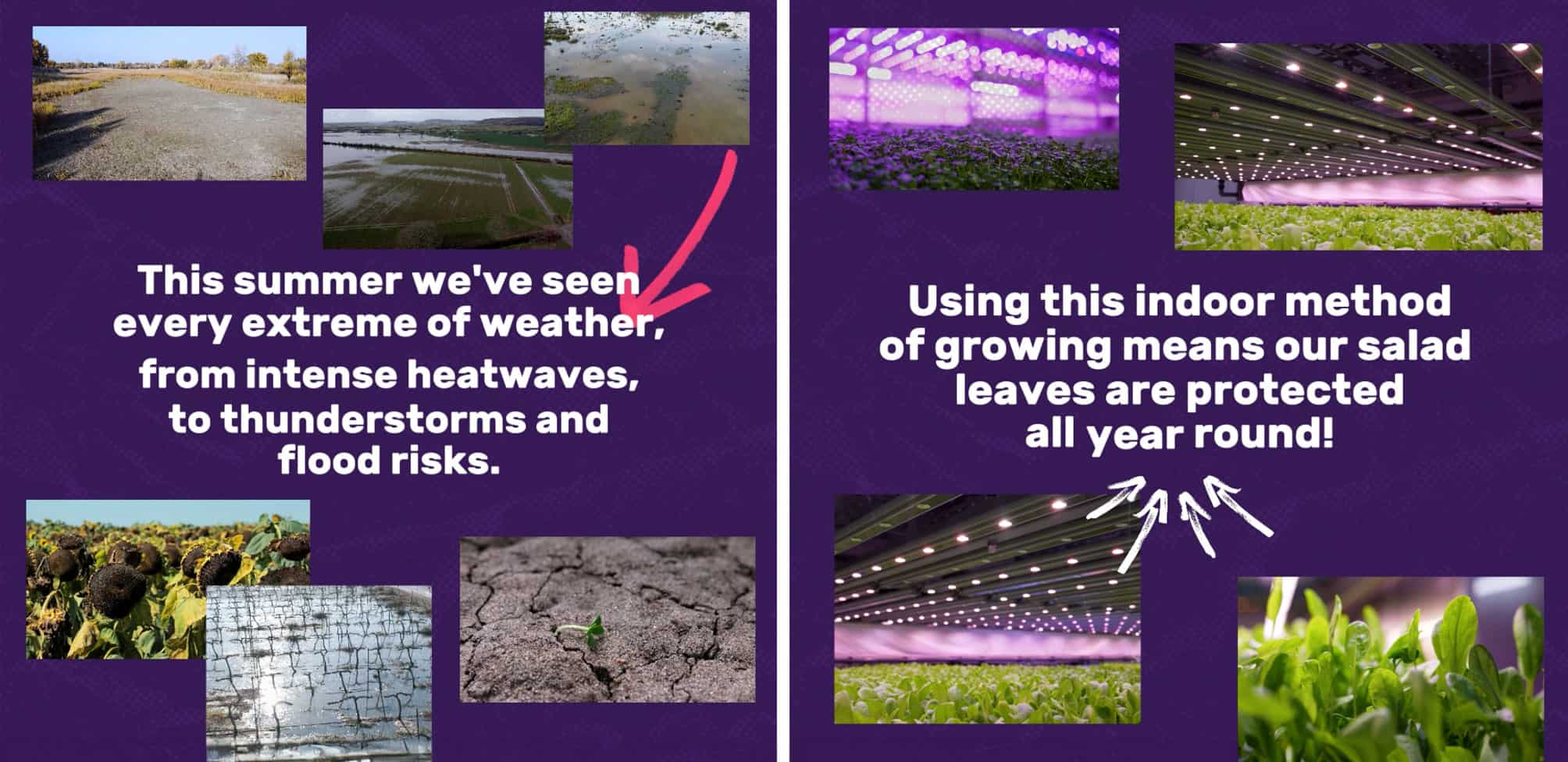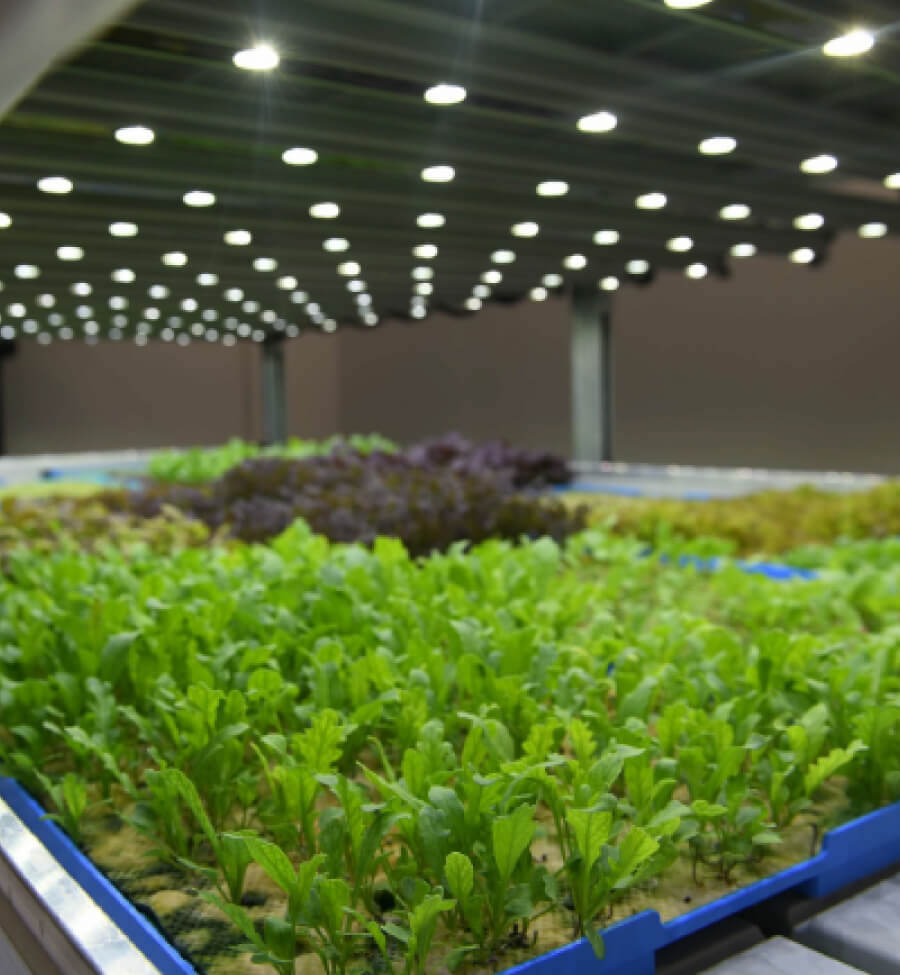How Does Weather Affect Farming? The Benefits of Vertical Farming
In the UK, managing weather conditions can be a real challenge sometimes. Whether it’s through extreme droughts and high temperatures, or through flash floods and storms. Any farmer who has had to deal with the challenges knows that these scenarios can wreak havoc on their crops and fields. Plus, any crop losses can lead to financial hardships.
As you can imagine, it’s not ideal!
This is where vertical farming can come in. This method of growing uses vertically stacked layers indoors, allowing farmers to grow in a much smaller space whilst protecting the crops from the weather outside.
The Effects of Weather on Farming
Problems arise with extreme weather conditions, and this can make it difficult for farmers to get crops from seed to market. For example, floods might wash away crops whereas droughts may dry them out. Heat waves can put stress on a plant, whilst cold snaps can kill them. There are many factors that are out of your control when growing outdoors.
In contrast, indoor farming combats those factors through controlled environment agriculture systems.
The Benefits of Vertical Farming
So what are the benefits of vertical farming, and why would you think about changing to this method over conventional farming? There are a few advantages to growing indoors, including:
- Reduced risk of crop loss: Due to being indoors and grown using a controlled environment, crops grown in vertical farms are protected from the elements. There’s no risk from extreme weather.
- Production year-round: With no risk from the weather outside, vertical farms can be operational year-round. Seasonal produce doesn’t have to be grown in specific months of the year as the temperatures, lighting and humidity can be controlled to ensure the ideal environment.
- Improved control: Following on from the above, the indoor farming environment can be precisely managed, giving full control over plant growth. This can lead to higher yields and better-quality produce.
Why Vertical Farming?
With the issues surrounding climate change, vertical farming environments support a more sustainable method of agriculture. As technology continues to advance, vertical farms could create other opportunities in the types of produce grown.





